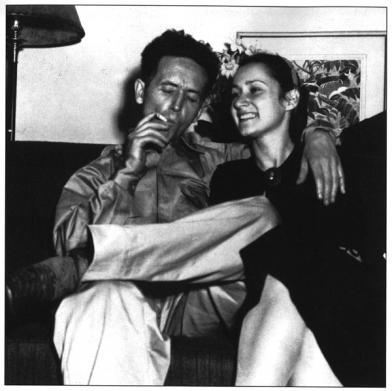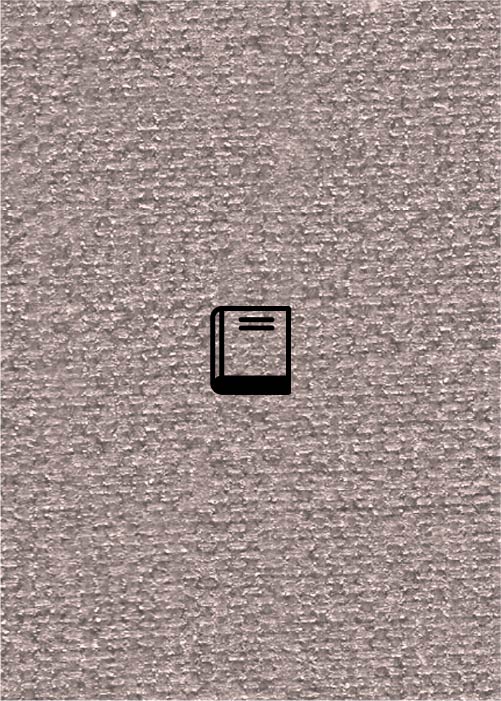Contemporary Jewish Music: A New Series of the JMRC
With the release of “Writing FROM Within” (Kulmus HaNefesh), the Jewish Music Research Centre inaugurates a new line of recordings that departs from the chiefly documentary character of its CD releases (Anthology of Music Traditions from Israel) moving into the field of contemporary music creativity. Not attempting to compete in the dense field of commercial recordings appearing under the tag “Jewish music,” these new CDs aim to encourage experimental composition that draws upon the same sources that concern our institution as object of research and interpretation.
No other figure is more appropriate to initiate this new line of CDs than Prof. André Hajdu. Composer, pianist, pedagogue and educator at all levels, Hajdu was among the first researchers engaged by the Jewish Music Research Centre upon his immigration from Paris to Israel in 1966. Educated in his native Hungary under the ideals of Béla Bartók and Zoltan Kodály, the combination of field work, traditional music research and music composition was, and is, Hajdu’s second nature. An expert on the music of the Roma while in Europe, Hajdu focused on the musical traditions of the Eastern European Hassidim residing in Israel. Most notable was his novel contributions to the study of the local instrumental music (“klezmer”) repertoire performed during the Lag ba-Omer celebrations in Mount Meron in Upper Galilee. Chabad Hassidism was another topic of Hajdu’s research that soon turned into a creative endeavor. He contributed many arrangements of vocal niggunim and instrumental music to the Chabad community in Israel.
Since his early years in Israel, Hajdu is involved in countless educational projects in the field of music and many of his young and creative students and disciples turned eventually into his partners. “Writing FROM Within” (Kulmus HaNefesh) is one of the many projects emerging from the unmatched inspiring energy that Hajdu transmits to his surroundings. By returning to the Chabad niggunim that marked the beginnings of his scholarly interests in Israel from a refreshing new perspective, André Hajdu closes a full cycle. Accompanying him are some of the best and most engaging young artists, all of whom contributed an equal share of inspiration to that of their teacher/colleague.
With this title, the Jewish Music Research Centre enters into a new era of productivity in which essentialized concepts of “research” and “composition” do not denote any longer two incompatible realms of musical creativeness. Intellectual inquiry into music presents to the scholar several options. The exploration of musical ethnography by creative artists or the inspiration in it is certainly a legitimate activity that our institution has been involved in, by its very location at the intersection between music ethnography and society, since it was founded in 1965. The new CD series materializes an already implicit social interaction.





